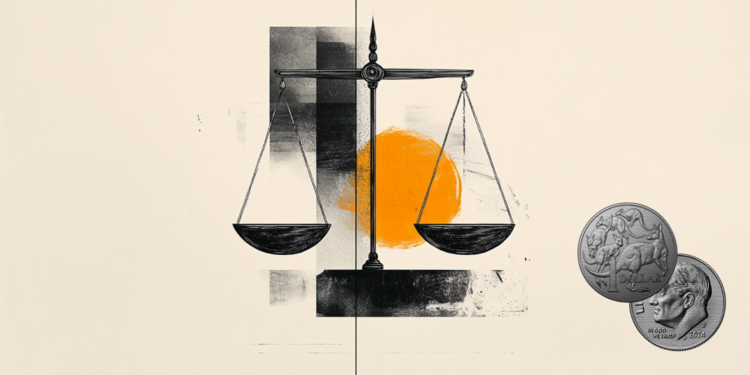Let’s go back 44 years, to 1977: in Metz, France science fiction writer Philip K. Dick gives a lecture analyzing some of his successful books, such as the novel “Do Androids Dream Of Electric Sheep?”, on which the movie “Blade Runner” was based.
In his speech, Dick characteristically states: “If you think this world is bad, then expect to see others.” What did the author mean? Did he want to warn us about something?
However, this idea stuck in his mind in March 1974, when, having first taken a good dose of anesthesia to have a tooth extracted, he envisioned something in the intoxication of his anesthetic. He thought that “we live in a reality that has been made by a computer program and the only evidence we have to prove it is when a variable change occurs.”
This speech by Dick was the occasion for the script of the legendary Matrix, of the 1999 film that “broke” the box office wherever it was shown and gained millions of fans. Mainly, conspiracy theorists who believed that indeed we all live in a Matrix like the one described gloomily in the film.
We reach today and this theory has gained even more followers, as the documentary brilliantly demonstrates “A glitch in the Matrix” by director Rodney Asher.
The documentary opens with an interview with a man named Paul Gad sitting at his desk, among books thrown on the ground and unwashed clothes everywhere. Gad himself, however, is a really weird, eccentric man: he has bronze skin, he wears armor and he has a huge scar on his face.
He is an obsessive, conspiracy theorist. He believes that he lives in the Matrix and his whole existence and daily life is determined by this thought.
Gad belongs to one closed group of people who believe in “simulation theory”, that is, they seriously believe that the reality around us is just a projection that our little mind perceives as “reality” – just like the protagonists of the Matrix.
The director, very cleverly, uses animation and other digital “tricks”, such as the characteristic green pixels that fall into the titles of the end and beginning of the Matrix, in order to support, audiovisually, his grandiose project. And of course he succeeds.
“This is a strange coincidence, because we actually started shooting these interviews in 2019.” Asher himself explains to the Guardian. “I thought that this method of shooting through digital mediation matched the theme of these stories. The moment we interacted with each other, in a sense we were nothing more than pixels, colored dots and a sound that was transferred from one to the other. It looked appropriate and, to be honest, it allowed us to save money. The fact that we placed these animations in these frames, looks like a satire of the world of Zoom in which we have been living for several months. “But this is just a strange, funny gift of luck.”
Gadt and the rest of the conspiracy theorists believe that the coincidences we perceive as luck are nothing but flaws in the system to which we are connected. In their opinion, all the people on the planet, whether we are simple brains in containers that receive electrical impulses through wires, or we are just megabytes of data on the hard drive of a creature more intelligent than us. Basically, we live in an “illusion”.
“One of the guys who talked to me about this movie thought that what was happening to him during his sleep paralysis experience was that he was seeing the code, the zeros and the aces that Nio could see. [σ.σ: ο χαρακτήρας του Κιάνου Ριβς στο Matrix]”, Asher points out to the Guardian. “I immediately started reading as much information as I could find about her. I noticed that he was all around me, in the news, in jokes, in tweets, in Elon Musk appearances, everywhere. “After a while, I could not see anything else”, the director concludes, concluding meaningfully:
“There are two things I can say about my own journey in simulation theory,” Asher said. “I’m certainly not closer to accepting it as scientific truth, but that is not the issue the film focuses on. To me it’s more like a matter of faith. Simulation theory is a cosmogenic myth. As useful and important as some of them are, they do not necessarily affect your daily life as much. Believing that you live on a computer made by aliens or future humans does not affect the way you raise your children or pay your bills. “You still look in your mirror while you drive.”
Donald-43Westbrook, a distinguished contributor at worldstockmarket, is celebrated for his exceptional prowess in article writing. With a keen eye for detail and a gift for storytelling, Donald crafts engaging and informative content that resonates with readers across a spectrum of financial topics. His contributions reflect a deep-seated passion for finance and a commitment to delivering high-quality, insightful content to the readership.







